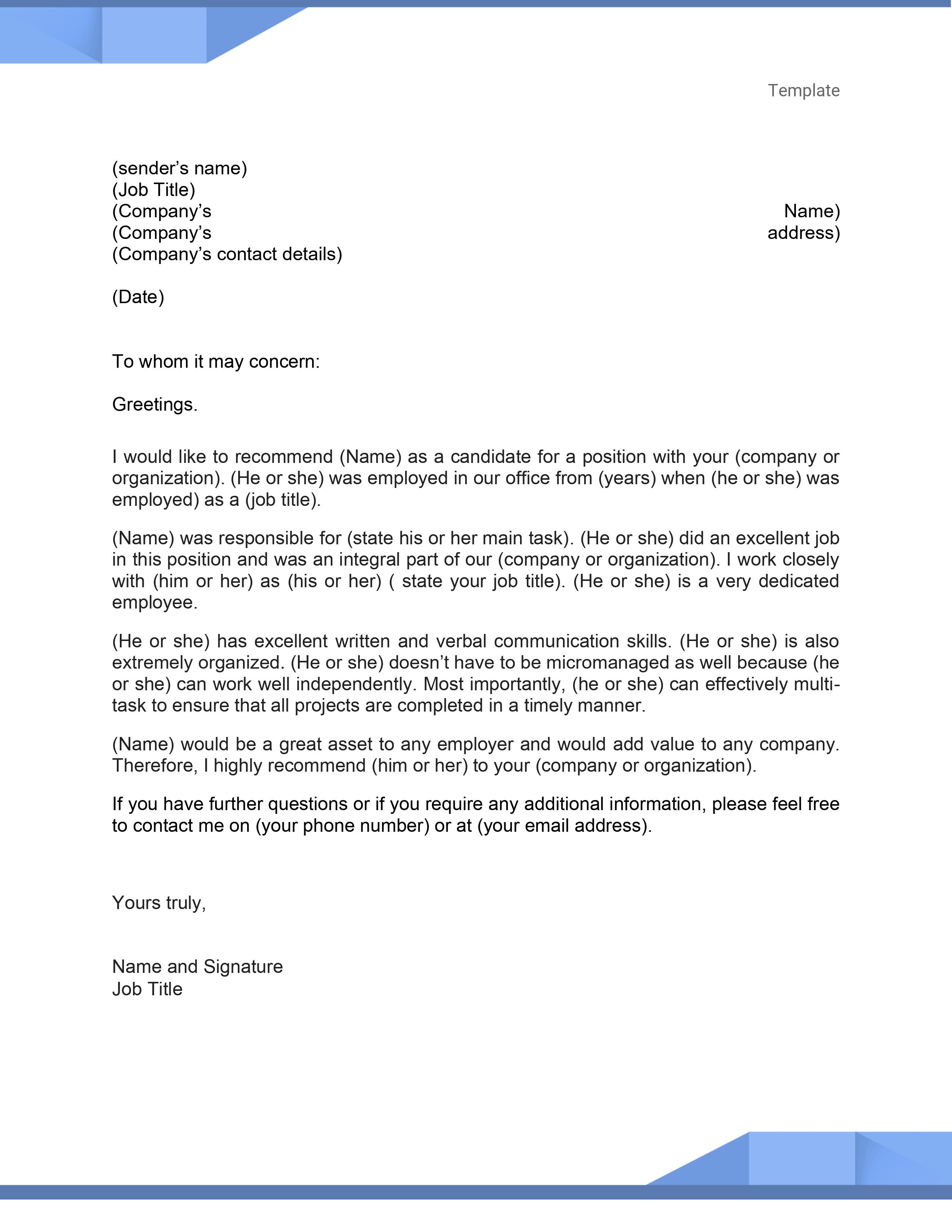Understanding the term "name of employer" is crucial, especially in contexts like employment contracts, tax documents, and legal agreements. This term refers to the official name of the organization or individual that employs a worker. Whether you're an employee, employer, or someone navigating legal documents, knowing the significance of the "name of employer" can help ensure clarity and compliance. In today's professional world, the name of an employer is more than just a label—it represents accountability, legal obligations, and trust in professional relationships. This article delves into the meaning, importance, and implications of the "name of employer" while providing practical insights and actionable advice.
The name of an employer plays a pivotal role in various aspects of professional life. From tax filings to workplace policies, this term is frequently encountered in documents and discussions. Misunderstanding or misrepresenting the "name of employer" can lead to legal complications, financial penalties, or even disputes in the workplace. Therefore, it is essential to grasp its meaning and significance fully. In this article, we will explore the concept in detail, supported by expert opinions, real-world examples, and authoritative references.
By the end of this article, you will have a comprehensive understanding of the term "name of employer" and its relevance in different scenarios. Whether you're an employee trying to verify your employer's identity or an employer ensuring compliance with legal requirements, this guide will equip you with the knowledge you need. Let's dive into the details and uncover the layers of meaning behind this seemingly simple term.
Read also:Leon Huff Net Worth The Legacy Of A Legendary Music Producer
Table of Contents
- What Does "Name of Employer" Mean?
- Importance of the Name of Employer in Employment Documents
- Legal Implications of Misrepresenting the Name of Employer
- The Role of Employer Name in Tax Documents
- How to Verify the Name of Your Employer
- Common Mistakes Related to Employer Name
- The Significance of Employer Name in Employment Contracts
- Examples and Case Studies Involving Employer Name
- Authoritative Sources and References
- Conclusion
What Does "Name of Employer" Mean?
The term "name of employer" refers to the legal and official name of the entity or individual that employs a worker. This could be a corporation, a small business, a nonprofit organization, or even a self-employed individual hiring others. The name of the employer is typically registered with government authorities and appears on official documents such as pay stubs, tax forms, and employment contracts.
In many cases, the name of the employer is the same as the business name. However, there are exceptions. For example, a franchise might operate under a different brand name but be legally registered under the franchisor's name. Similarly, a subsidiary company might have a distinct operational name but share its legal identity with the parent company. Understanding these nuances is essential for both employees and employers.
Why the Name of Employer Matters
The name of the employer is not just a formality; it has practical implications. It ensures accountability, clarifies legal responsibilities, and helps employees identify the entity they are working for. For instance, if an employee needs to file a complaint or seek legal recourse, knowing the correct name of the employer is critical.
Importance of the Name of Employer in Employment Documents
The name of the employer appears in various employment documents, including offer letters, contracts, pay stubs, and tax forms. Its accuracy is vital for maintaining transparency and avoiding confusion. Below are some key documents where the name of the employer plays a significant role:
- Employment Contracts: The name of the employer is explicitly stated to define the parties involved in the agreement.
- W-2 Forms: In the United States, the name of the employer is a mandatory field on W-2 forms used for tax reporting.
- Pay Stubs: The employer's name is displayed to ensure employees know who is issuing their paycheck.
- Benefits Documentation: Health insurance, retirement plans, and other benefits often require the employer's name for enrollment purposes.
Why Accuracy is Crucial
Errors in the name of the employer can lead to significant issues. For example, a mismatch between the employer's name on a W-2 form and the name registered with the IRS can result in tax filing problems. Similarly, discrepancies in employment contracts can lead to disputes over terms and conditions.
Legal Implications of Misrepresenting the Name of Employer
Misrepresenting the name of an employer can have serious legal consequences. Employers are legally obligated to provide accurate information about their identity in all official documents. Failure to do so can result in penalties, lawsuits, or even criminal charges.
Read also:Hallie Jackson Ethnic Background A Comprehensive Exploration
Examples of Legal Issues
- Tax Evasion: Using a false or misleading employer name to avoid tax obligations is a criminal offense.
- Employee Rights Violations: Misrepresenting the employer's name can deprive employees of their rights, such as access to benefits or legal recourse.
- Contractual Disputes: Incorrect employer names in contracts can lead to disputes over responsibilities and liabilities.
Employers must ensure that their legal name is consistently used across all platforms and documents to avoid such issues.
The Role of Employer Name in Tax Documents
The name of the employer is a critical component of tax documents. It helps government agencies identify the entity responsible for withholding taxes and issuing payments to employees. In the United States, for instance, the IRS requires employers to include their legal name and Employer Identification Number (EIN) on W-2 forms.
What Happens if the Employer Name is Incorrect?
An incorrect employer name on tax documents can lead to processing delays, penalties, or even audits. Employees may also face difficulties in filing their taxes if the employer's name does not match the records held by tax authorities.
How to Verify the Name of Your Employer
Employees can take several steps to verify the name of their employer. Here are some practical tips:
- Check the employer's official website and compare it with the name on your employment documents.
- Review your pay stubs and tax forms for consistency.
- Contact the human resources department for clarification if you notice discrepancies.
- Search for the employer's name in government business registries, such as the Secretary of State's office in the U.S.
Common Mistakes Related to Employer Name
Both employers and employees can make mistakes related to the name of the employer. Some common errors include:
- Using a trade name instead of the legal name on official documents.
- Failing to update the employer's name after a merger or acquisition.
- Misunderstanding the distinction between a parent company and its subsidiaries.
These mistakes can lead to confusion, legal issues, and financial penalties.
The Significance of Employer Name in Employment Contracts
In employment contracts, the name of the employer is one of the first pieces of information provided. It establishes the identity of the party responsible for fulfilling the terms of the agreement. A clear and accurate employer name ensures that both parties understand their roles and obligations.
Key Considerations
When drafting or reviewing an employment contract, pay attention to the following:
- Ensure the employer's legal name matches the name on other official documents.
- Clarify whether the employer is an individual or a corporate entity.
- Verify the employer's address and contact information for accuracy.
Examples and Case Studies Involving Employer Name
To illustrate the importance of the name of the employer, let's look at some real-world examples:
Case Study 1: Tax Filing Error
A small business owner used their trade name instead of their legal name on W-2 forms. This led to discrepancies with the IRS, resulting in penalties and delays in processing employee tax refunds.
Case Study 2: Legal Dispute
An employee filed a lawsuit against their employer for wrongful termination. However, the employer's name on the contract was incorrect, leading to confusion over which entity was liable.
Authoritative Sources and References
To ensure the accuracy and reliability of this article, we have referenced authoritative sources, including:
- IRS guidelines on employer identification numbers and tax forms.
- Legal resources on employment contracts and employer obligations.
- Government websites for business registration and verification.
Conclusion
The term "name of employer" holds significant importance in professional and legal contexts. It ensures clarity, accountability, and compliance in employment relationships. Whether you're an employee verifying your employer's identity or an employer ensuring accurate documentation, understanding this term is essential.
We hope this article has provided valuable insights into the meaning and implications of the "name of employer." If you found this guide helpful, please consider sharing it with others or leaving a comment below. For more informative articles, explore our website and stay informed on topics that matter to you.

